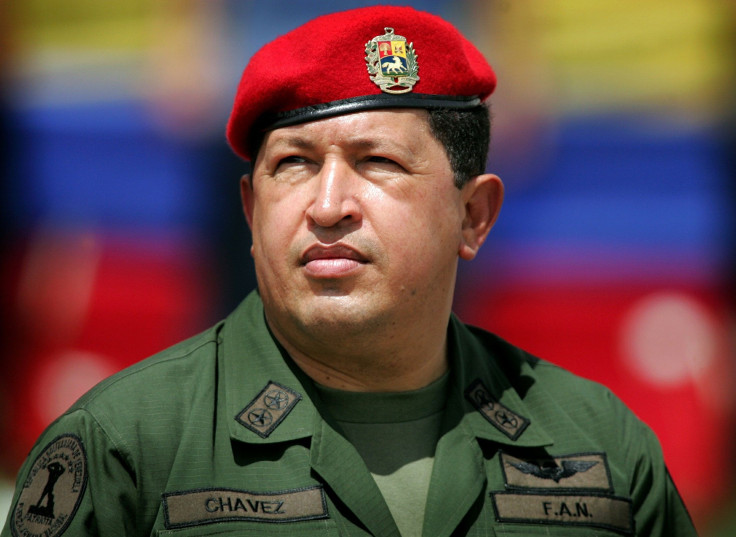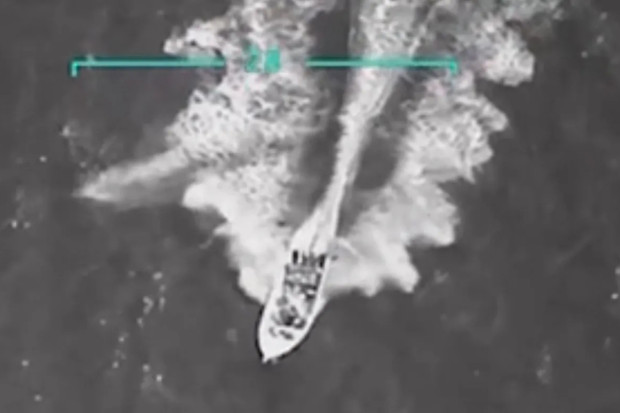
A spokeswoman for the Department of State officially announced that the Obama administration dismissed two Venezuelan diplomats from their posts.
"In response to the Venezuelan government's actions against two of our personnel, we did inform the Venezuelan government on March 9, [we] declared two of their second secretaries 'persona non grata,'" Victoria Nuland said.
On the day of President Hugo Chávez' death last week, Caracas released two U.S. Air Force attaches from their posts inside Venezuela. The Obama administration said they were only taking equal retaliatory action in expelling consulate official Victor Camacaro and Orlando José Montañez, an embassy secretary.
The expulsion of the USAF attaches was not the first barb against the U.S. in the post-Chávez conflict. Interim president, and Chávez's hand-picked successor, Nicolás Maduro suggested that Washington may have had something to do with Chávez being diagnosed with cancer. The U.S. government denies the allegations, calling them "absurd." Maduro said he sent the Air Force officials home because he thought they might be trying to destabilize the country in the midst of the loss of their leader.
Even as far back as a decade ago, the Venezuelan government, led by the bombastic Chávez, was quick to point to the United States as a reason for any instability within the country. In 2002, he accused President George W. Bush of staging a coup against his government. Additionally, at a United Nations conference at which Bush spoke, Chávez followed him in speaking order and later referred to him as the "devil," saying he could still smell "the sulfur" at the dais.
© 2025 Latin Times. All rights reserved. Do not reproduce without permission.




